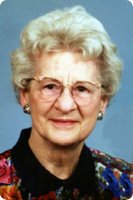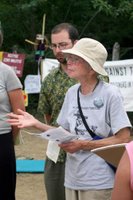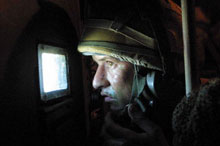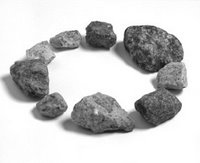Peaceful Living Workshop / Vienna, VA
and
2) Perhaps this kind of a Peaceful Living Workshop is something you would like to plan for your neck-of-the-woods?
Blessings on the Oakton Church of the Brethren, and on all ministries seeking justice and building reconciliation in our world.
Peaceful Living Workshop
on Sunday, May 7th, from 2 to 5:30 pm.
Session topics are: Peaceful Parenting; the Military and Conscientious Objection; Interpersonal Conflict Reconciliation; and the Decade to Overcome Violence. Workshop attendees will be able to sign up for two topics.
The workshop will be an opportunity for all who attend to explore what it means to be peacemakers: in our personal lives, in our families, and in the world.
Oakton Church of the Brethen is located at 10225 Courthouse Road, Vienna, VA. For more information or to register, visit the website at www.oaktonbrethren.org, or call 703-281-4411.
==================================================
You are receiving this message as a part of the "Peace Witness Action List," a program of On Earth Peace. This list is to alert you of creative nonviolent action throughout the United States and beyond, with the intention of inspiring Spirit-filled creative action in your community.
On Earth Peace is an agency rooted in the Church of the Brethren, helping people faithfully discern "the things that make for peace" (Luke 19).
If you know stories of nonviolent action that are happening that others might want to know about, please e-mail them to mattguynn@earthlink.net.
If you would like to receive these alerts or end your subscription, kindly send an e-mail message to mattguynn@earthlink.net.
On the web: www.brethren.org/oepa; Tel (410) 635-8704; On Earth Peace, PO Box 188, New Windsor, MD 21776-0188.









